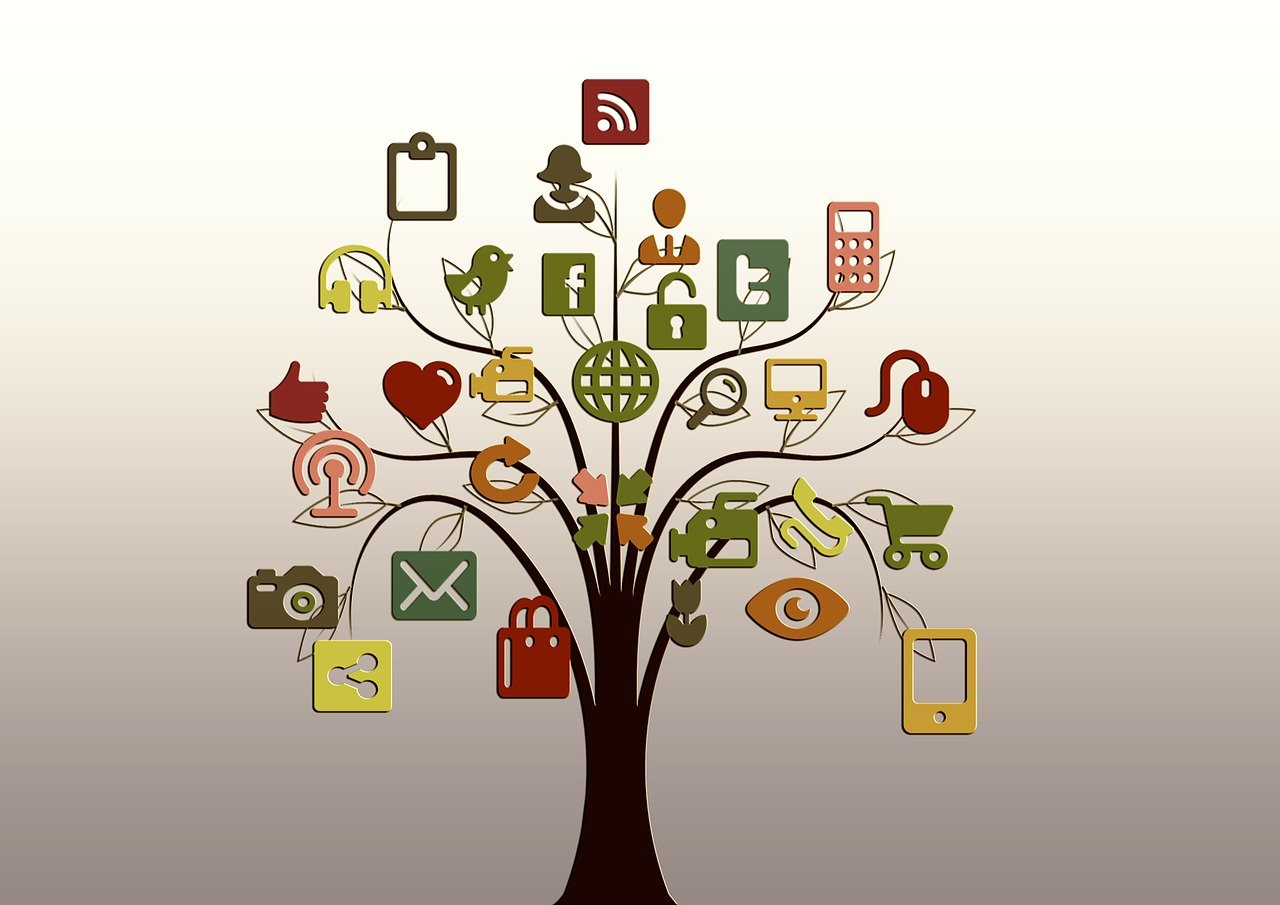Exploring the Wonders of Technology
Welcome to the fascinating realm of technology. In today's fast-paced world, technology has become an integral part of our lives. From the devices we carry in our pockets to the massive data centers powering the internet, technology is everywhere. In this article, we will delve into the world of technology, exploring its history, current trends, and the possibilities it holds for the future.
Table of Contents
- 1. History of Technology
- 2. Current Technological Trends
- 3. Future Potential
- 4. Technology's Impact on Society
- 5. Ethical Considerations
- 6. Questions and Answers
- 7. Conclusion
History of Technology
Technology has come a long way since its inception. It all began with simple tools used by early humans for hunting and gathering. Over millennia, we saw the emergence of inventions such as the wheel, the printing press, and the steam engine, each revolutionizing the way we lived and worked. The 20th century marked a significant turning point with the advent of electricity, the telephone, and the computer. These innovations paved the way for the digital age we live in today.
As technology advanced, so did our ability to connect and share information. The internet, a transformative invention, has brought the world closer together, enabling instant communication and access to a vast repository of knowledge.
Current Technological Trends
The technology landscape is ever-evolving. In the present day, several trends dominate the industry. Artificial Intelligence (AI) and Machine Learning (ML) are at the forefront, powering everything from virtual assistants to self-driving cars. The Internet of Things (IoT) has connected our homes and workplaces, allowing for greater automation and convenience.
Blockchain technology is changing the way we handle transactions, offering transparency and security. Augmented Reality (AR) and Virtual Reality (VR) are transforming entertainment and education. Renewable energy technologies are reducing our carbon footprint, addressing environmental concerns.
Future Potential
The future of technology holds boundless possibilities. Quantum computing, which harnesses the principles of quantum mechanics, could revolutionize data processing, enabling complex simulations and cryptography breakthroughs. Space exploration is set to make giant leaps with the advent of advanced propulsion technologies and sustainable habitats on other planets.
Biotechnology is on the cusp of incredible breakthroughs, from gene editing to personalized medicine. Nanotechnology promises innovative materials and medical treatments. As we continue to push the boundaries of what is possible, technology's potential seems limitless.
Technology's Impact on Society
Technology has transformed society in profound ways. It has improved healthcare through telemedicine and medical advancements. Education has become more accessible with online learning platforms. E-commerce has revolutionized the way we shop, and social media has changed the way we connect and share information.
However, technology has also raised ethical questions. Privacy concerns, data security, and the impact of automation on jobs are pressing issues. It's crucial for society to navigate the ethical considerations that come with these technological advancements.
Ethical Considerations
As technology advances, we must consider the ethical implications. With AI becoming more autonomous, questions about accountability and bias in algorithms arise. Data privacy and cybersecurity are critical concerns in an interconnected world.
The use of technology in surveillance, from facial recognition to data tracking, brings up issues of personal freedom and surveillance state fears. Climate change and environmental impact are other ethical areas where technology can play a significant role in finding solutions.
Questions and Answers
What is the role of technology in addressing climate change?
Technology plays a crucial role in mitigating climate change. Innovations in renewable energy, energy-efficient technologies, and carbon capture solutions are essential in reducing our carbon footprint.
How is technology transforming the healthcare industry?
Technology has revolutionized healthcare through telemedicine, electronic health records, and medical devices. It has improved patient care, diagnostics, and research.
What are the ethical concerns in AI development?
Ethical concerns in AI development include issues related to bias, accountability, and the potential for AI to make autonomous decisions. Transparency and fairness are crucial in addressing these concerns.
Can technology address the challenges of food and water security?
Yes, technology can play a significant role in addressing food and water security challenges through innovations in agriculture, water purification, and efficient distribution systems.
How does technology impact employment and job security?
Technology can lead to job displacement through automation, but it also creates new opportunities in tech-related fields. Upskilling and adapting to changing job markets are essential for long-term job security.
Conclusion
Technology is an ever-evolving force that has shaped and continues to shape our world in profound ways. From its humble beginnings with simple tools to the present-day marvels of AI, IoT, and blockchain, technology has left an indelible mark on society. Its potential for the future is limitless, with innovations in quantum computing, space exploration, and biotechnology on the horizon.
As we embrace the benefits of technology, we must also confront the ethical considerations that come with it. Privacy, accountability, and environmental impact are vital issues that need to be addressed as technology advances.
In conclusion, technology is a powerful tool that can lead us to a brighter future. By harnessing its potential responsibly and ethically, we can pave the way for a more connected, efficient, and sustainable world.

